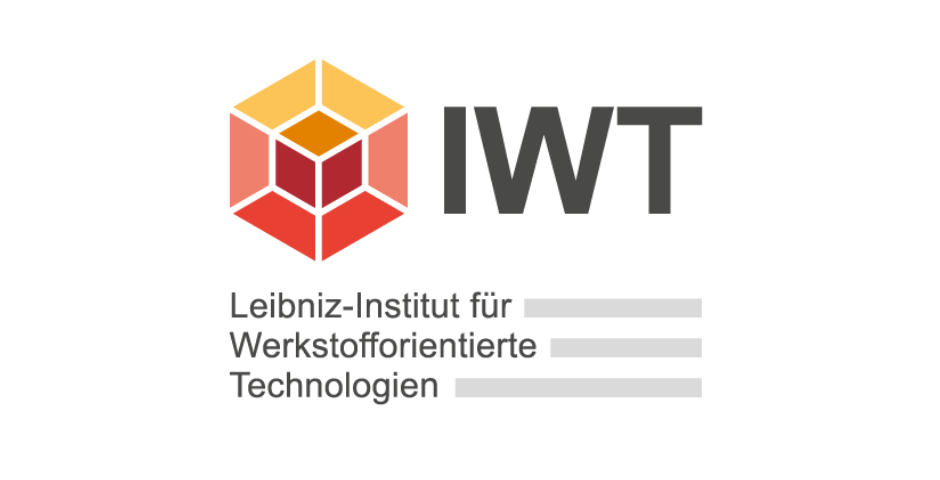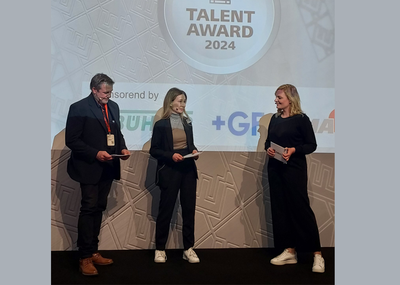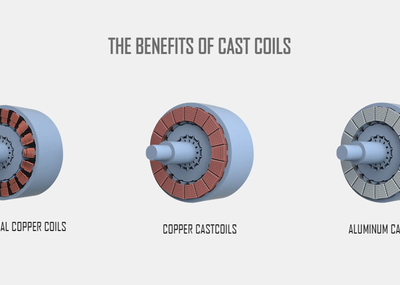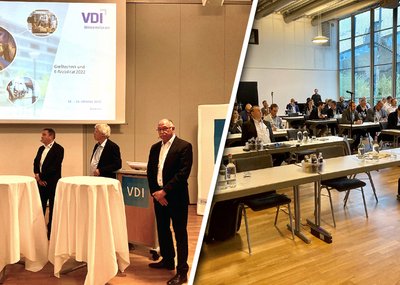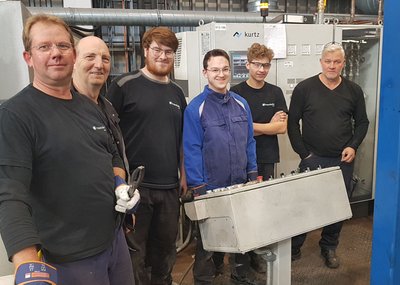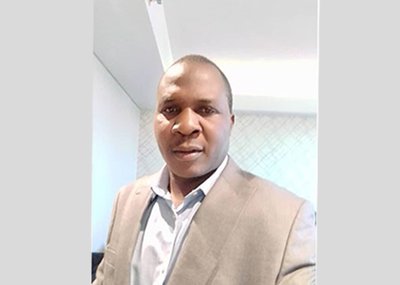The Leibniz Institute for Materials Engineering – IWT in Bremen is set for a major expansion: the institute has received approval for the construction of an industry-oriented rolling mill dedicated to innovative process and materials development in the context of decarbonization. With this addition, the research institute will complete the full “conventional manufacturing” process chain in-house, opening new possibilities for research and development – from metallurgy to quality assurance. A supplier has already been tendered and selected.
Components and manufacturing processes are facing more scrutiny than ever before: innovation, high quality, resource efficiency, and sustainability are the guiding principles of research and analysis worldwide – including at the Leibniz-IWT in Bremen. The research institute, with around 200 employees and five closely collaborating interdisciplinary departments (materials engineering, process engineering, manufacturing technology, materials testing, and digitalization technology), is now gaining another large-scale facility that will enable research at an entirely new level.
By mid-2027, a pilot rolling mill on an industry-oriented technical scale will be ready for experimental work. With a total funding volume of around 5 million euros, this marks the largest single investment in the institute’s history. Funding is provided by the European Regional Development Fund (ERDF) and the State of Bremen. Following the official tender process, a supplier has already been selected and commissioned.
For Professor Fechte-Heinen, this represents the realization of a long-held vision for the institute:
“During my first visit to the Leibniz-IWT in 2019, I was impressed by the wide range of research opportunities available here – from fundamental studies to industrial applications – all within one institute. At that time, only the variation of chemical compositions of base materials and the subsequent forming processes could not yet be carried out internally. With the new pilot rolling mill, we will soon be able to cover the entire process chain from raw material to tested component in-house, or offer it to our partners in science and industry. I am therefore very pleased that materials research at the Leibniz-IWT will now be possible along the entire conventional process chain.”
The Chair of the IWT Directorate emphasized the institute’s holistic approach to developing high-performance metallic structural and functional materials, which will make a significant contribution to tackling current challenges in decarbonization.
Since 2021, a dedicated working group has been preparing and implementing this project: the “Metallurgy and Forming Technology” group, led by Assoc. Prof. (Thai) Dr.-Ing. Piyada Suwanpinij. The group focuses, among other things, on the challenges and opportunities associated with trace elements in steels, particularly in light of future changes in production processes. Another key research area is the design and production of novel microstructures in ultra-high-strength steels with improved ductility, where precise control of the manufacturing process is crucial. For this purpose, the group already operates a vacuum induction furnace with a melting capacity of up to 20 kg.
The new pilot rolling mill will allow the group to study the influence of process parameters on microstructure evolution throughout the entire rolling process, including an industry-relevant simulation of the temperature profile. Beyond complementing the existing pilot-scale metal production chain at the Leibniz-IWT, the facility will also enable the rolling of slabs and billets for industrial partners. Designed for both flat and long products, the rolling mill will feature an integrated furnace at the end of the line for immediate heat treatment of rolled semi-finished products, allowing simulation of coil cooling of rolled steel strips. Ideally, a multi-stand rolling line will be implemented for this purpose. Coordination with the commissioned company that won the tender is currently underway.
Source: www.idw-online.de

